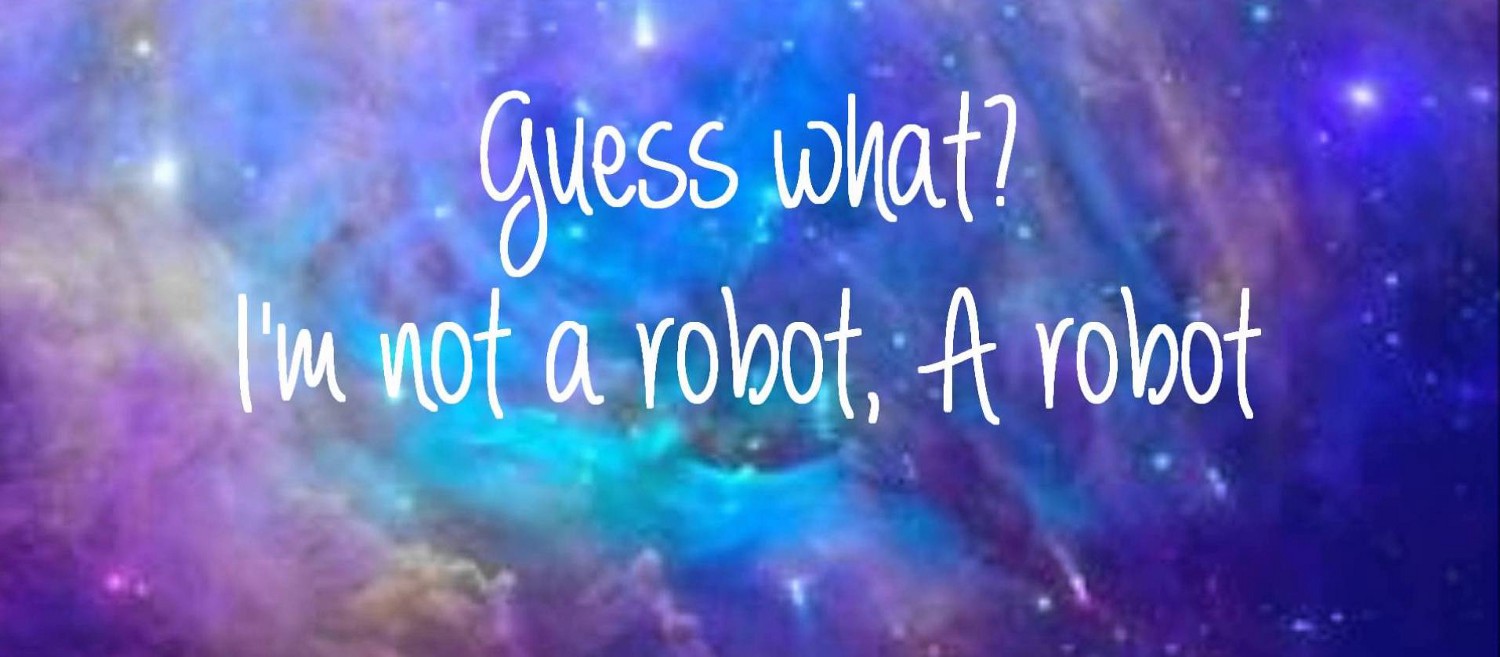Having a rough time with yourself after the holidays? Ate too much, can’t stick to the gym? Here’s a silly way to show some compassion for yourself after the holidays.
If any of your are like me, the holidays were a bit stressful. Family gatherings and idle time for self-reflection, sandwiched between a mad rush to finish everything before the holidays — and a mad rush to get back on the ball after the holidays.
The Holmes-Rahe Stress Inventory shows that even “positive things” in our life, like getting married, falling in love, or starting a new job — are stressful life events. In that same vein, celebrating the new year, spending time with loved (and not so loved) ones is bound to also be stressful!
And then we’re throwing “self-reflection” onto the fire. In the United States, self-reflection usually amounts to “tearing one’s self apart” and setting unrealistic, difficult, and sometimes downright cruel (like ‘go to the gym for 2 hours a day, get skinny and don’t eat any bread, sugar, or carbs’, ouch!) expectations for yourself for the future.
So yes, if you’re stressed — there are a lot of reasons to be stressed. And…
It’s all going to be okay.
Our western culture promotes “the self”, coupled with a lot of guilt and shame. “I’m not good enough. I’m not thin enough. I have to be better to be liked. If people knew the truth about me, I’d be a nobody. Better, better, better…”
Does any of that sound familiar? Well, let’s look at it another way.
You’re a squishy machine. Not a silicon metal-based machine like an android robot, you’re a biological machine.
Imagine you wake up every morning, pleasantly surprised to find yourself in a human body. You look at your hands and are amazed at how they can move, rotate, and grab. How they can hold a delicate wine glass and also ball up into a fist and break a window. What amazing versatility, flexibility, and strength lies in your body!
And your processing systems too. It takes a bit of time to reboot in the morning, but after a few minutes you know who you are, where you are, and are usually processing the same problems (worrying) about the exact same thing you were processing right before you put yourself to sleep.
It’s nice to be a machine.
When you think of yourself as a human machine, it takes a lot of pressure away from existing. You no longer feel so much guilt and shame for things you can’t control, things that were coded into your software and hardware, like your sexuality, propensity for strong emotions, or fat distribution.
If someone judges you physically, well — it’s just their software passing a judgment on your hardware! And you can make some modifications, if it really matters… but ultimately you’re kind of limited with what you were born with.
And you’re also limited with age. That machine is going to break down if you put enough miles on it. Wrinkles on your face? Freckles? Neck sagging a bit? That’s just mileage and experience.
Having compassion for yourself.
At the root of compassion is understanding. Many of us have a lot of shame over things we don’t fully understand about ourselves.
For example, self-awareness is a huge bug in the human system. Our eyes face outwards, and we are acutely aware of others but have difficulty turning our gaze inward. And when we do turn our gaze inward, so many systems of cognitive biases and cultural messaging guide us straight into self-delusion. We think we are more aware than we are.

The self-awareness bug.
If you set your mind to do something, like a new year’s resolution, and you find yourself dreading it, hating it, or masochistically becoming addicted to it — it’s okay! Because it’s just your self-awareness bug.
Hacking the Self-Awareness Bug
Don’t feel guilty, have compassion. For yourself. Take a step back, observe, learn, reevaluate — and then re-engage. Rinse and repeat until you’ve either accomplished your goal or have realistically readjusted your expectations.
It’s the “observe” part where “I’m a machine” thinking really helps. It’s a hack around the self-awareness bug. Once you zoom out, shift perspective, and stop thinking about yourself as yourself… your observations tend to become more accurate.
But be careful of taking this thinking too far. You’re a machine, but you’re also human. 😉
Who is Olivia Jeffers? Formerly an engineer, Olivia traversed the product-marketing chasm and is now a full-time science writer and event producer. Working in the heart of Boston and Cambridge where cutting-edge innovation takes place, she shares her unique perspective at the forefront of where technology meets humanity.
Like this? Sign up for her newsletter to get Sunday musings on where humans meet technology.
Originally published at www.compassionate-technologies.org (includes additional links and resources for your increased #edumacation).
Originally published at medium.com


